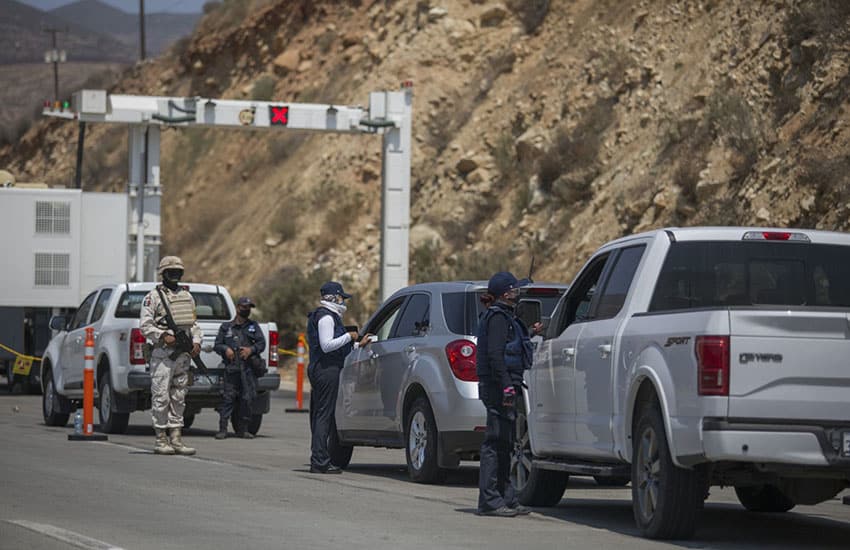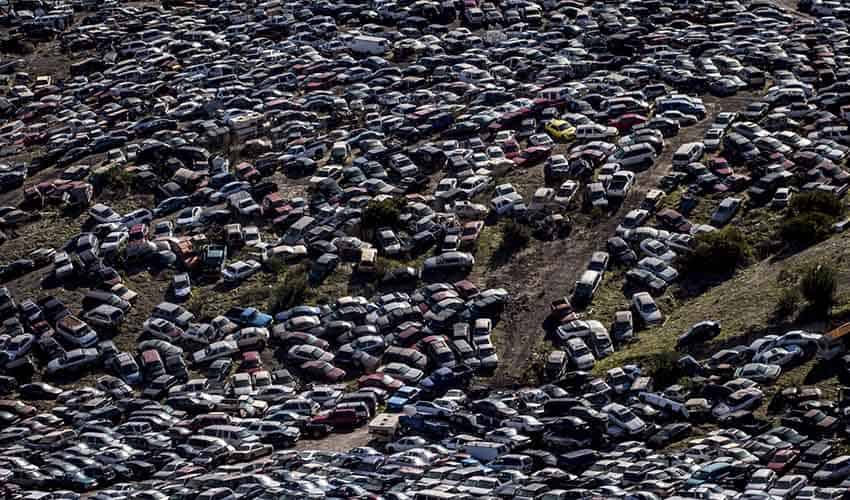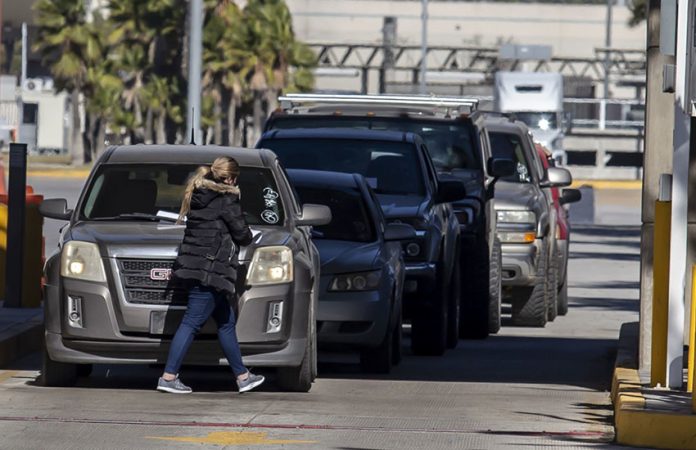A forgiveness program that allows car owners in Mexico to turn their illegally imported cars into legally registered vehicles has been extended until March 2023, President López Obrador announced at his Thursday press conference.
Despite outrage from the automotive industry, the door to registering what is colloquially known in Mexico as an auto chocolate (chocolate car) will not close on Dec. 31, as originally scheduled. The cost to register such a vehicle is 2,500 pesos (about US $128).
Security Minister Rosa Icela Rodríguez Velázquez reported Thursday that approximately 1.1 million older vehicles of foreign origin have already been legalized in 14 states this year.
The program launched in six northern border states and Baja California Sur, a region where illegal importations are highest, in March. The program has since expanded to 141 modules in 14 states, with plans to extend it to all 31 states and the federal entity of Mexico City.

The program this year has brought in approximately 2.6 billion pesos (US $134 million), resources that will allow for road improvements in states where the program has been implemented, López Obrador said.
So far, the federal government has allocated 676.1 million pesos (US $35 million) in revenue from the program to seven states, which have already begun using the funds to pave and resurface highways and streets.
The states where the program currently exists include:
- Baja California
- Baja California Sur
- Chihuahua
- Coahuila
- Durango
- Jalisco
- Michoacán
- Nayarit
- Nuevo León
- Puebla
- Sinaloa
- Sonora
- Tamaulipas
- Zacatecas.
Baja California has registered the most vehicles of any state at 221,805. Chihuahua (177,383) came in second and Tamaulipas (157,923) third.

The vast majority of cars came from the United States; most were properly registered in the U.S. but brought into Mexico without undergoing the proper import procedure. Some cars entered from Central America.
At first, the plan was to regularize only cars that were at least 8 years old, but now, any model from 2017 or earlier is eligible.
A Mexico Business News report noted that “chocolate cars” are generally between 10 and 20 years old and that a recent count determined that there were at least 18 million of them in Mexico, some 25% of the country’s total vehicle fleet, according to the Federal Income Law of 2020.
The Mexican Association of Automotive Distributors (AMDA) has continued to denounce the program as creating unfair competition with cars being legally sold in the country. The group claims the forgiveness program has reduced new car sales in Mexico by 200,000 units this year.
The group also claims that many of the so-called chocolate cars — registered in Mexico or not — no longer meet environmental regulations in the neighboring country and would be considered scrap there.
Rodríguez Velázquez said the registration of such vehicles “has a general benefit of greater security” because a registered car is less likely to be used in the commission of a crime.
First known as “crooked” cars, such illegally imported cars — which over time acquired the name “chocolate” (a Mexican term for a strikeout in baseball) — are vehicles that lack the proper permits and papers and could not be sold or marketed through agencies or dealers.
Owners of chocolate cars can start the regularization process at the Public Vehicular Registry (Repuve) website. Among the many documents required to complete the process is a national identity number, or CURP, to request their initial appointment.
With reports from El Financiero and El País
